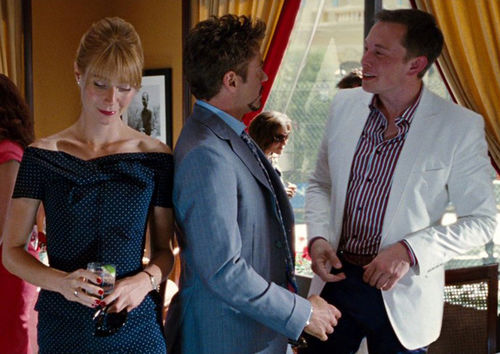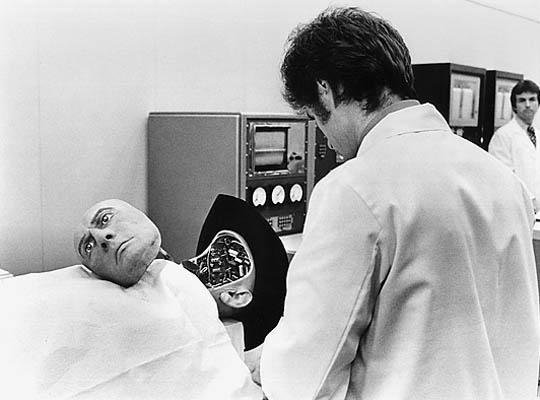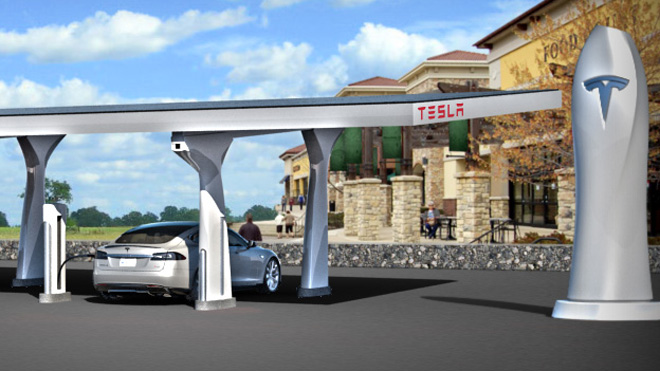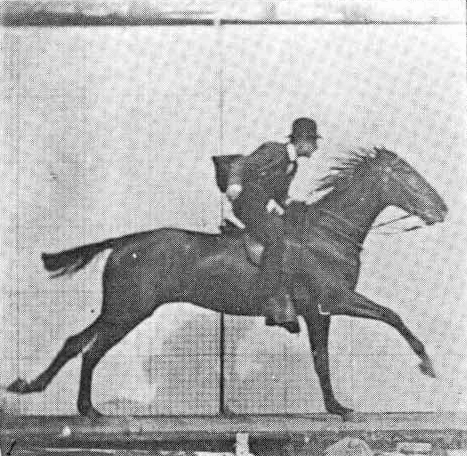Every time I start to criticize Elon Musk, I remember to be thankful he’s not Peter Thiel.
Walter Isaacson famously named Benjamin Franklin when searching for an historical antecedent for Musk, but the Tesla-Space X-Hyperloop-aspiring-Martian billionaire seem to have his heart set on being a multi-planetary Thomas Edison.
In his just-released “Master Plan, Part Deux,” Musk expounds on a vision that would be daunting if it was being attempted by a wonderfully funded Bell Labs or NASA or even a superpower government let alone a struggling private company. The sections on solar roofs and autonomous transport are particularly fascinating.
As Will Oremus writes in a Slate column, one aspect of Musk’s ambitions didn’t make big news despite having world-changing implications. An excerpt:
On Wednesday night, Elon Musk announced a new master plan for his company. It is the philosophical successor to his original master plan, published 10 years ago when few had heard of Tesla and fewer cared. If that first plan seemed implausibly audacious, this one borders on schizophrenic—a compendium of goals so futuristic and disparate that it would be a marvel for any company to achieve one of them, let alone all. They include (deep breath):
- Building at least four all-new models: a “new kind of pickup truck,” a compact SUV, a semi truck, and a bus-like mass transport vehicle that delivers its passengers from door to door. They’ll all be fully electric, of course.
- Developing and implementing a fully autonomous driving system that will require no human involvement. The system will have such redundancy that a failure of any part of the driving system will not compromise its ability to navigate safely.
- Creating a car-sharing platform through which Tesla owners can, at the tap of a button, rent out their self-driving vehicle to a “Tesla shared fleet” when they’re not using it. Others can then summon the car for a ride, generating income for its owner which can help to pay off the price of buying it.
- Merging Tesla and SolarCity, the country’s largest solar power company, and together developing a seamlessly integrated system that can both capture and store solar power on your rooftop, turning your home into its own energy utility. And then “scale that throughout the world.”
Not even cracking the top four objectives in the new plan is Musk’s recently stated intention to essentially reinvent the mass production process, developing a heavily automated factory that can churn out cars five to 10 times more efficiently than before. In other words, Musk writes, Tesla is designing “the machine that makes the machine—turning the factory itself into a product.”•





